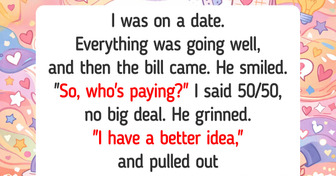You would be wise to get an attorney that specializes in not only employment issues but also (illegal) medical disclosures. Not sure if I worded that right. Whoever in HR that told others about your PERSONAL MEDICAL CONCERNS can be sued individually for that. They have a duty to keep ALL EMPLOYEES RECORDS PRIVATE, no matter what they are concerning, ESPECIALLY MEDICAL CONCERNS. I hope your coworkers realize that their private lives that relate to their jobs are just as vulnerable, and they could be the NEXT ONE TARGETED.
I Asked for Days Off for My Mental Health—And HR Turned It Into a Scandal
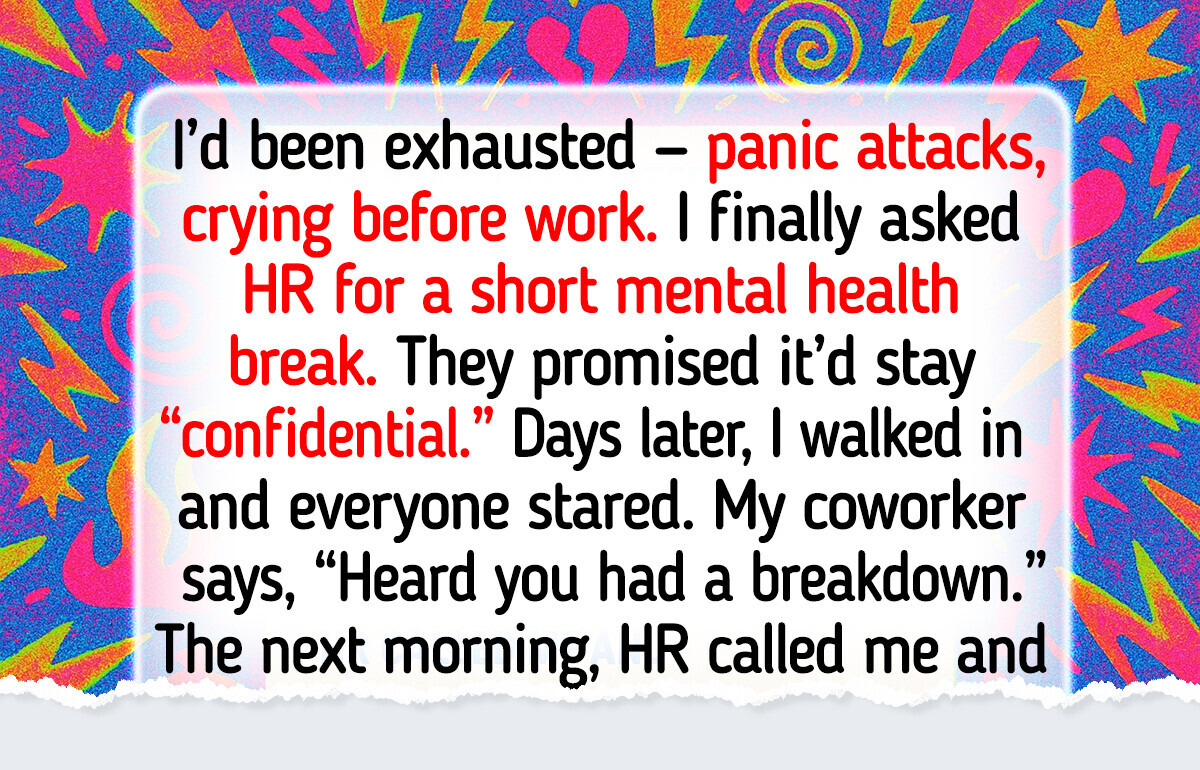
Work should be a place where honesty is valued — but for one of our readers, telling the truth became a nightmare. When she finally asked for time off to care for her mental health, she expected understanding. Instead, her private struggle became the office’s newest rumor.
Here’s what she told us:
“Hi Bright Side!
I’d been running on fumes for months — panic attacks, zero sleep, crying in the shower before work. I finally told myself enough was enough. I emailed my manager and HR, asking for a short mental health break. Nothing dramatic — just a week off to get myself together.
HR replied, ‘Of course, we’ll handle it confidentially.’ I actually felt relieved for the first time in months.
Days later, I walked into the office and felt everyone staring at me. My coworker whispered, ‘Hey, are you okay? Heard you had a breakdown.’
I froze. HR had told people.
By lunch, I knew the whole office thought I’d ‘lost it.’ One coworker even said I should ‘take more meds.’ My manager avoided eye contact completely.
The next morning, HR called me in for a ‘wellness discussion.’ Except it wasn’t about wellness. They said my ‘emotional instability’ made the team uncomfortable — and that maybe I should ‘take an extended unpaid leave.’
I walked out shaking. I’d asked for help — and they turned it into gossip.
I have no idea what to do next.”
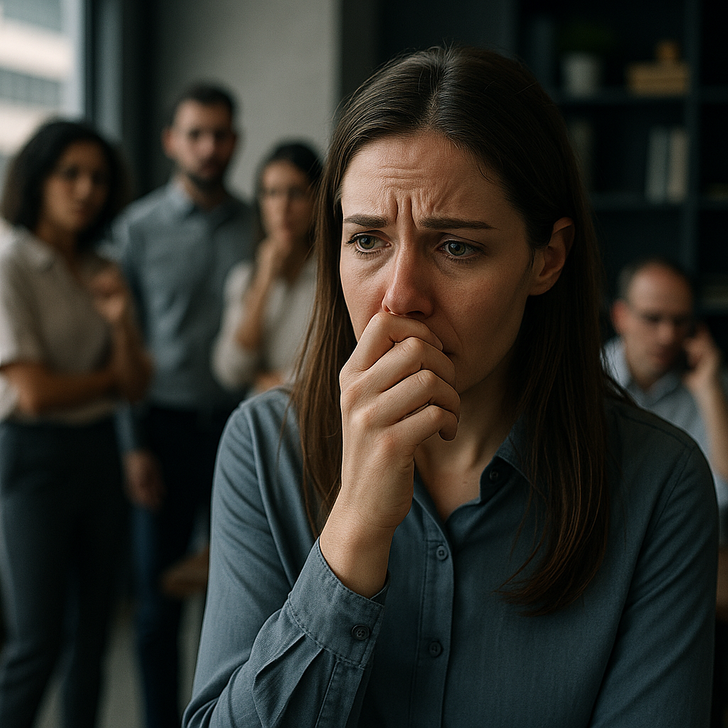
The Silent Mental Health Crisis at Work.
You’re not alone. According to Mind Share Partners’ 2021 Mental Health at Work Report, 76% of U.S. workers said they’ve experienced at least one symptom of a mental health condition — from anxiety to burnout. Even more telling, 84% said their workplace itself made their mental health worse.
And it’s not just about stress. The APA’s 2022 Work and Well-Being Survey found that 81% of employees now say mental health support is one of the top things they look for in a job. It’s no longer a “nice to have” — it’s essential.
🌱 What This Means for You
If your job is affecting your emotional health, it doesn’t mean you’re weak — it means you’re human. The U.S. Surgeon General’s Framework for Workplace Mental Health and Well-Being calls mental wellness “a shared responsibility” between employers and employees. That means companies have a duty to provide safe spaces, fair workloads, and respect for mental health breaks.
When Mental Health Becomes a Workplace Disability.

Many people don’t realize that under employment law, poor mental health can legally count as a disability.
That means if your anxiety, depression, or another condition has a “substantial adverse effect” on your daily life — such as struggling to concentrate, interact, or keep a routine — and it lasts at least 12 months, your employer has a legal duty to support you.
Even if symptoms come and go, you’re still protected.
🧠 What Employers Are Required to Do
If a worker is considered disabled because of their mental health, employers must:
Avoid discrimination — they can’t treat you unfairly or dismiss you for struggling.
Make reasonable adjustments — small but meaningful changes to help you work safely and effectively.
Sometimes, these adjustments are simple:
- Extra rest breaks during stressful periods.
- Flexible scheduling or hybrid work options.
- Short daily check-ins to prioritize tasks or manage workload.
Needing help doesn’t make you weak — it makes you human.
And every good workplace knows that protecting mental health isn’t a favor — it’s a responsibility.
23 Kind Souls Who Proved the Softest Hearts Have the Strongest Beat
Comments
Massive Hippa violation. Get a lawyer Stat!
Related Reads
I Caught My Coworker Doing Her Side Hustle on Company Time—I Refused to Stay Silent
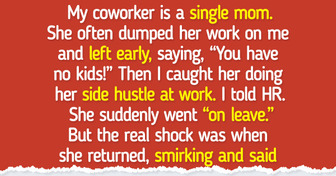
I Absolutely Refused to Be the “Office Party Planner” Just Because I’m a Woman
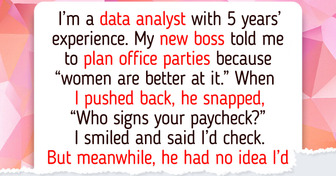
15+ Times an Unexpected Guest Turned an Ordinary Day Into a Scene Straight Out of a Movie
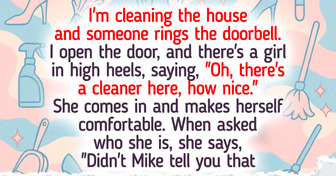
I Refuse to Return My Late Colleague’s Paycheck, Now His Widow Is Furious
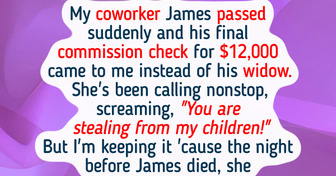
17 Stories That Prove Kindness Isn’t Naive, It’s Courage in Disguise
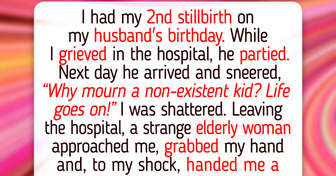
22 Moments That Prove Quiet Kindness Can Work Real Miracles
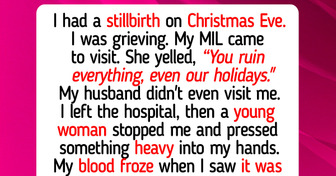
I Was Fired for Taking Days Off During a Family Emergency
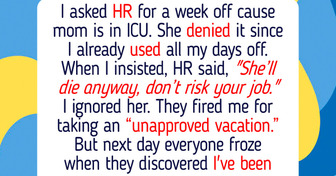
I Refuse to Forgive My Parents After They Took My Inheritance for Being Childless
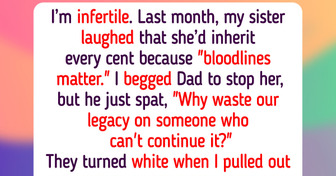
15 Pets Who Made a Mess and Feel Absolutely No Shame

I Refuse to Risk My Son’s Safety to Save My Ex’s Child
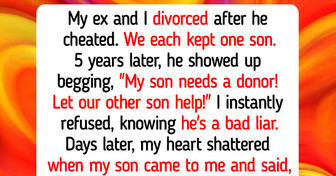
11 Stories of Stepparents Who Chose Kindness Through Tough Times
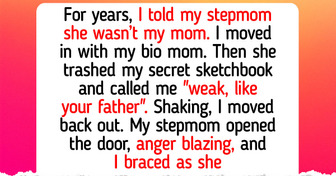
14 Dates That Started Like Movies but Ended Like Sitcoms
